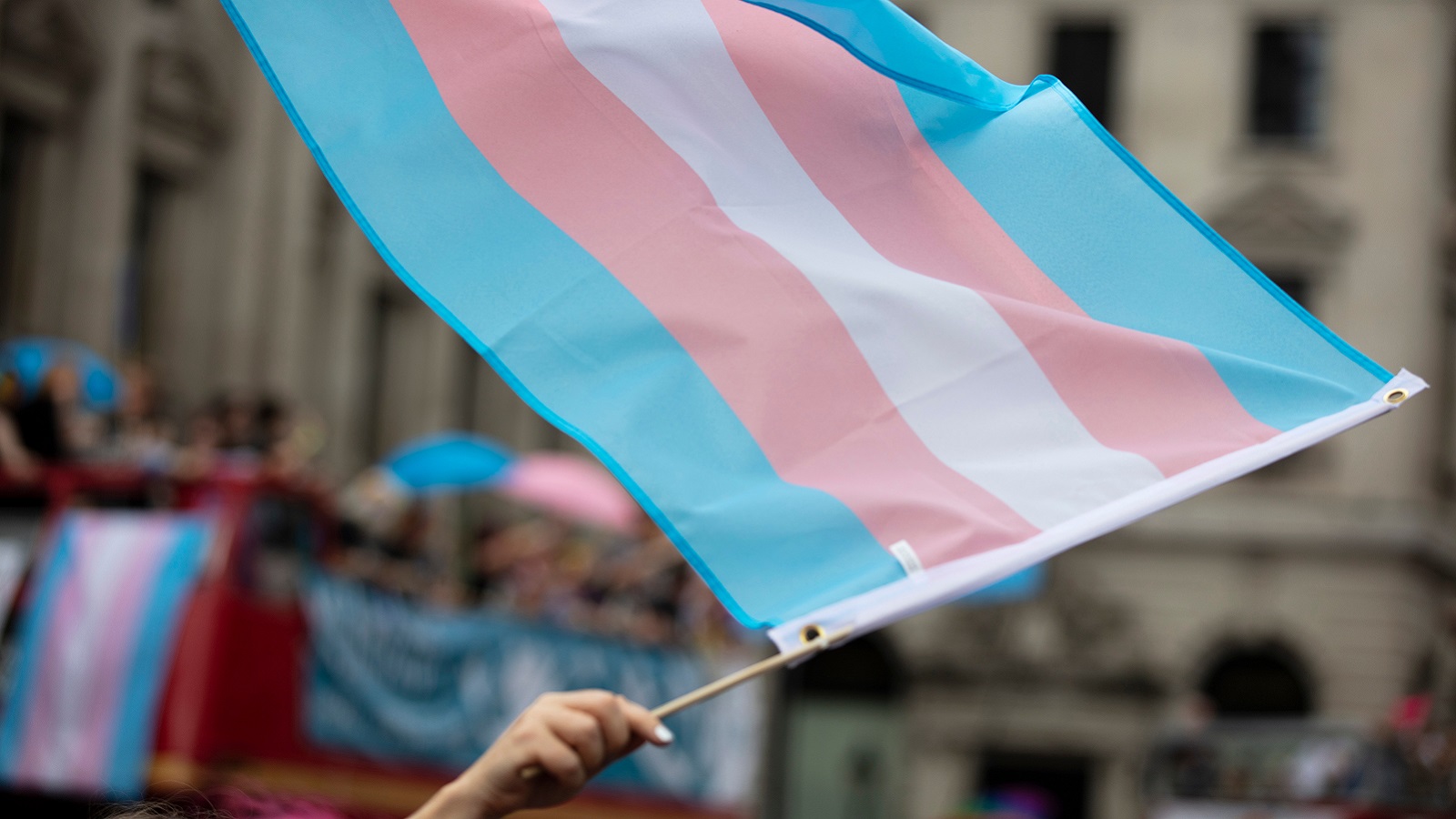As COVID-19 devastates lives throughout the world, the inequities experienced by transgender and gender-diverse individuals have become further illuminated. The novel coronavirus, in addition to the public health measures needed to control the virus, has significantly impacted the medical care and social influencers of health for transgender and gender-expansive (TGGE) communities.
Significant research has shown that medical and surgical gender-affirming care—that is, healthcare that helps TGGE people feel their body is aligned with their gender identity—is critical for psychological well-being. Unfortunately, though, the COVID-19 pandemic has resulted in significantly delayed gender-affirming surgeries, as well as difficulty accessing prescription hormones. These obstacles to accessing gender-affirming care increase body dissatisfaction, depression, anxiety, and other negative mental health outcomes.
The COVID pandemic has also made it more difficult to access pre-exposure prophylaxis (PrEP), a daily medication that reduces a person’s risk for HIV, as well as constructed more barriers to HIV and STI (sexually transmitted infection) testing. Notably, TGGE people bear a higher burden of HIV compared to the general population, and if left untreated, may lead to a higher risk for severe complications from COVID-19.
Further, physical distancing measures needed to control the spread of the virus have resulted in a higher incidence of intimate partner violence and worsening mental health among TGGE communities. Pre-COVID, TGGE people experienced intimate partner violence at nearly double the rate compared to cisgender people. And now, many are forced to quarantine with abusive partners or family members, also making it more difficult to reach hotlines and other support services.
Additionally, with the shift of many schools to a virtual model, many TGGE youth may be stuck at home with unsupportive or abusive families. For students who had support systems in schools, returning home may mean losing supportive friendships and having to “return to the closet.” This social isolation increases risk for depression, anxiety, and suicidality.
As social isolation and mental health worsen throughout the pandemic, many TGGE communities have been significantly affected by drug use, and many have faced disruptions in treatment programs, support groups, and syringe service programs.
Pre-COVID, TGGE people already experienced unemployment, poverty, and homelessness at much higher rates compared to the general population, and this has been exacerbated by the pandemic. Moreover, insecure housing makes good hygiene and physical distancing difficult, and TGGE people staying in shelters are often harassed, sexually assaulted, or kicked out. And further, sex-segregated shelters force many TGGE people to choose between physical shelter and living in alignment with their gender.
These challenges are even greater for people of color, as people of color have been disproportionately affected by COVID-19. Among TGGE people of color, experiences of both transphobia and racism are rampant. Denial of healthcare, receipt of inferior medical care, mistreatment by providers, and more, may cause many TGGE people of color to avoid seeking care until COVID symptoms become severe, often resulting in worse outcomes.
Despite these challenges, TGGE communities are resilient. TGGE-led organizations have come forward with funding, social and mental health support, and other mutual aid for their communities during this time. However, effective cross-collaborations between governmental and non-governmental organizations are urgently needed to ensure greater equity and legal protections for TGGE people. Similarly, more research conducted with, and not merely on, TGGE communities is necessary to develop policies and interventions that truly address the challenges faced by TGGE people during this unprecedented crisis.
**Feature photo obtained with standard license on Shutterstock.
Interested in other articles like this? Subscribe to our bi-weekly newsletter
 Dougie Zubizarreta (he/they) is a Master of Science student in Epidemiology at the Harvard T.H. Chan School of Public Health. Dougie’s research focuses on sexual & reproductive health inequities in relation to sexual orientation, race/ethnicity, and gender identity.
Dougie Zubizarreta (he/they) is a Master of Science student in Epidemiology at the Harvard T.H. Chan School of Public Health. Dougie’s research focuses on sexual & reproductive health inequities in relation to sexual orientation, race/ethnicity, and gender identity.
 Mai-Han Trinh is a Master of Science student in Neuropsychiatric Epidemiology at the Harvard T.H. Chan School of Public Health. Mai-Han’s work focuses on the mental health disparities faced by sexual & gender minorities, with particular interest on the impacts of stigma and discrimination on health.
Mai-Han Trinh is a Master of Science student in Neuropsychiatric Epidemiology at the Harvard T.H. Chan School of Public Health. Mai-Han’s work focuses on the mental health disparities faced by sexual & gender minorities, with particular interest on the impacts of stigma and discrimination on health.
 Tarek Ahmed (he/him), MBBS, is a Master of Science student at the Harvard T.H. Chan School of Public Health. Before starting graduate school at Harvard, he served as a physician at Johns Hopkins University Bangladesh Office and Médecins Sans Frontières. He is passionate about infectious disease research and STIs among sexual & gender minorities.
Tarek Ahmed (he/him), MBBS, is a Master of Science student at the Harvard T.H. Chan School of Public Health. Before starting graduate school at Harvard, he served as a physician at Johns Hopkins University Bangladesh Office and Médecins Sans Frontières. He is passionate about infectious disease research and STIs among sexual & gender minorities.
- Share
-
Permalink


